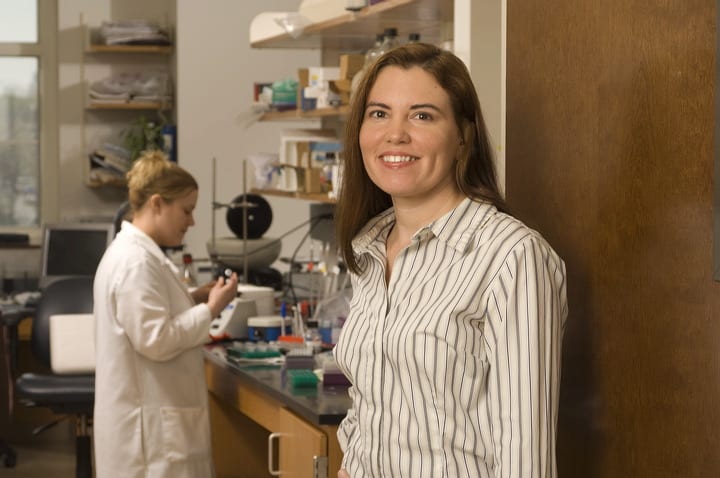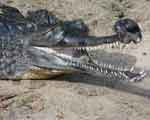Science journalist Tara Thean has covered the research of SMU’s Anne Lincoln, an assistant professor in the Department of Sociology. The article “Scientists: We want more children” was published Aug. 9 in the online edition of Time.
The research found that nearly half of all women scientists and one-quarter of male scientists at the nation’s top research universities said their career has kept them from having as many children as they had wanted.
The study, “Scientists Want More Children,” appears in the current issue of the journal PLoS ONE. Lincoln authored the study with sociologist Elaine Howard Ecklund of Rice University, Houston.
For the past three years, Ecklund and Lincoln have been studying what junior and senior scientists in physics, astronomy and biology think about discrimination, family life and the state of their careers. They found that both men and women say having a science career means they will have fewer children than they wanted. They also found that women were actually more satisfied with their lives than were men. And having fewer children than wanted has a more pronounced effect on life satisfaction for male scientists.
EXCERPT:
By Tara Thean
Time.com
We Ecocentric writers have the privilege of constant exposure to the most cutting-edge science research around — we’ve written about sexy birds, Arctic oil, paper solar panels, and countless other incarnations of the weird and wonderful. But sometimes it’s easy to overlook the hardworking folks behind these discoveries, and it looks like they’ve had to forget things too: their families. Almost half of all women scientists and a quarter of their male colleagues at the nation’s top research universities — Harvard, Princeton and Stanford among them — feel their careers have prevented them from having as many children as they had wanted, according to research by sociologists at Rice University and Southern Methodist University (SMU).And the generation following them has noticed: the researchers found that a worrying one in four graduate students and one in five postdoctoral fellows is considering a career entirely outside science, largely because of these perceived limitations. But while this is troubling, it’s hardly surprising. A career in science means committing to the long hours and high stress that come with grant-writing, the pressure to publish, and colleagues who are all smarter than you, or at least scarily competitive. None of these things exactly screams “mom of the year.”
SMU is a nationally ranked private university in Dallas founded 100 years ago. Today, SMU enrolls nearly 11,000 students who benefit from the academic opportunities and international reach of seven degree-granting schools. For more information see www.smu.edu.
SMU has an uplink facility located on campus for live TV, radio, or online interviews. To speak with an SMU expert or book an SMU guest in the studio, call SMU News & Communications at 214-768-7650.
 Science journalist Tara Thean has covered the research of SMU’s
Science journalist Tara Thean has covered the research of SMU’s 


